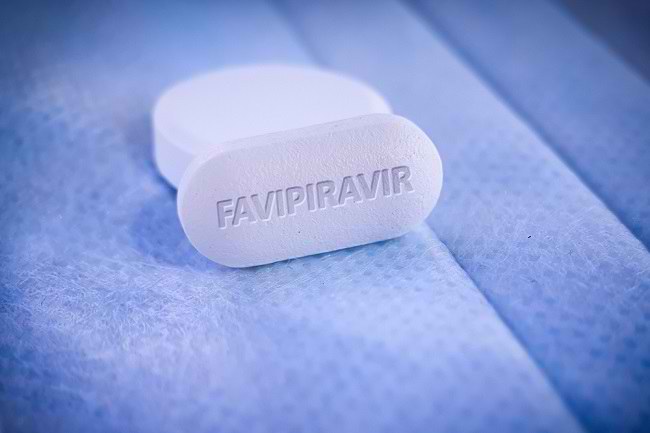Know the Dangers and Side Effects of Favipiravir for Pregnant Women
Although it has been widely used to treat COVID-19, there are a number of dangers and side effects of favipiravir for pregnant women and fetuses. Therefore, this drug is not recommended for women who are pregnant or planning to become pregnant.
Favipiravir is an antiviral drug developed in Japan. This drug is used to treat various types of influenza viruses, such as swine flu and bird flu. However, currently favipiravir is also being researched as a treatment for COVID-19.

Favipirafir is trademarked under the names Avifavir and Avigan. According to research, favipiravir is effective for people with COVID-19 who are at risk of worsening to severe symptoms. This drug has also received a permit from BPOM and is readily available in Indonesia.
The dangers of Favipiravir for Pregnant Women
Based on animal studies, favipiravir is classified as a teratogen, namely substances that can increase the risk of damage to the formation of the embryo or fetal development, such as birth defects and miscarriage.
That is why the use of favipiravir for pregnant women is not recommended. Meanwhile, women who may become pregnant also need to undergo a pregnancy test to confirm that they are not pregnant when starting treatment with favipiravir. In order to be safe, women and men of childbearing age who will use favipiravir need to use contraception consistently to prevent pregnancy, from the start of treatment until 7 days after taking favipiravir.
Side Effects of taking Favipiravir
Consuming favipiravir in general is also known to cause a number of side effects. However, the side effects that appear are mild and not much different from other antiviral drugs for the treatment of COVID-19. Some of these side effects include:
- Anemia
- Diarrhea
- Nausea and vomiting
- Stomach pain
- Headache
- Muscle and joint pain
In some cases, taking favipiravir can increase the levels of uric acid and liver enzymes in the body. However, this still requires further research.
Although it is said to be effective in treating COVID-19, data on clinical trials of the use of favipiravir in humans are still very limited, especially for pregnant women, nursing mothers, and children. . It is also important for you to remember that to reduce the risk of transmission of COVID-19 infection, you are still advised to adhere to the 5M health protocol, namely washing hands, wearing masks, keep your distance, stay away from crowds, and reduce travel.
In addition, immediately vaccinate and complete the COVID-19 vaccine dose to reduce the risk of severe symptoms of COVID-19.
If you are still If you have any questions about the dangers and side effects of favipiravir for pregnant women or about other COVID-19 treatments, such as favipiravir, or molnupiravir, please don't hesitate to consult a doctor or have an online consultation with a doctor through the ALODOKTER application.
Label : Health
Comments
Post a Comment